About John Scott

More about John Scott
Artist John Scott was born and raised in New Orleans’s Ninth Ward. He taught at Xavier University for more than 40 years and was named a MacArthur Fellow in 1992 by the John D. and Catherine T. MacArthur Foundation, a highly prestigious honor that came at the height of his career.
Scott was known for creating vibrant kinetic sculptures that explored topics ranging from the West African diddly-bow string instrument to the rhythms and movements inspired by enslaved dancers in early 19th-century in New Orleans’s famed Congo Square. His large woodcuts drew heavily upon life in the city, especially its rich Afro-Caribbean culture and musical heritage.
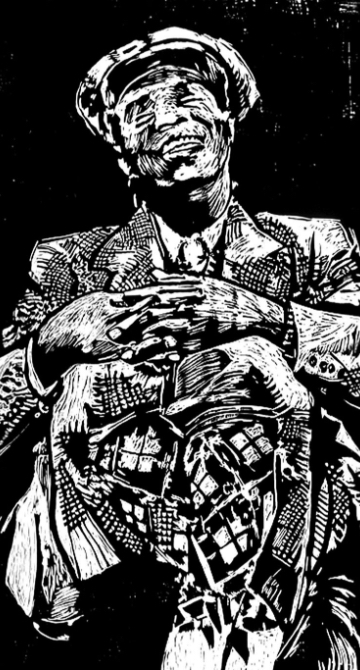
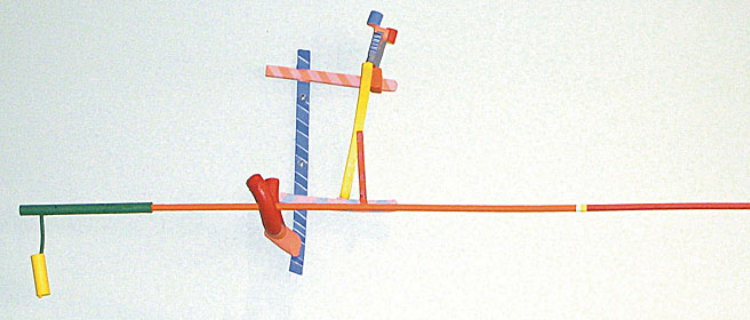
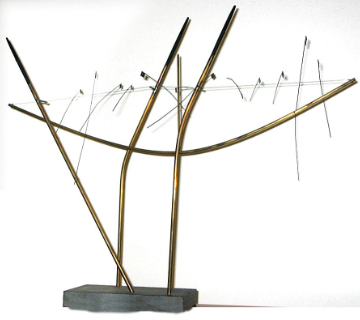
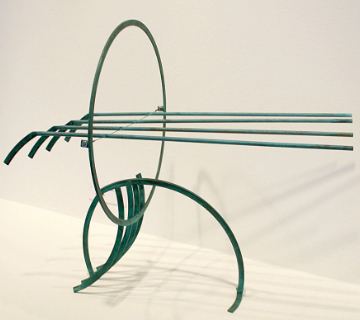
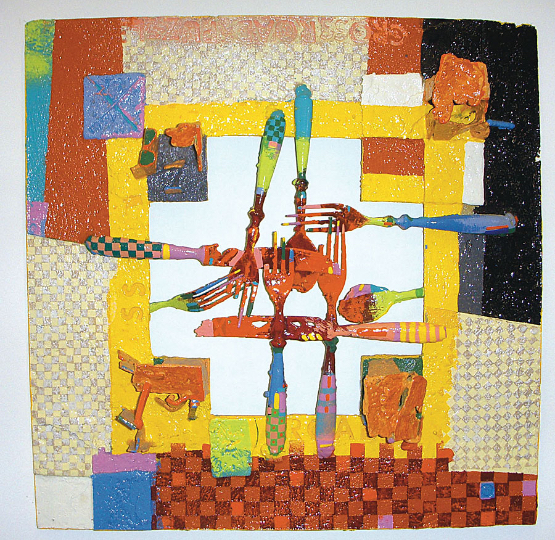
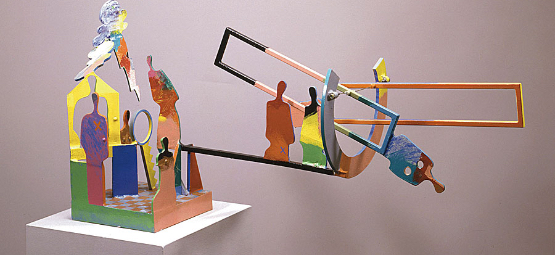
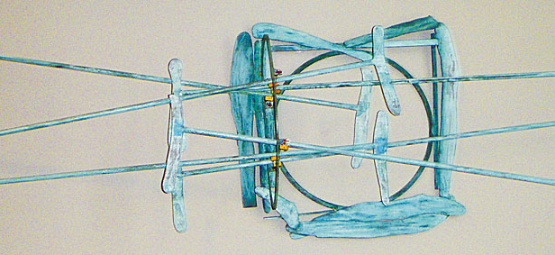
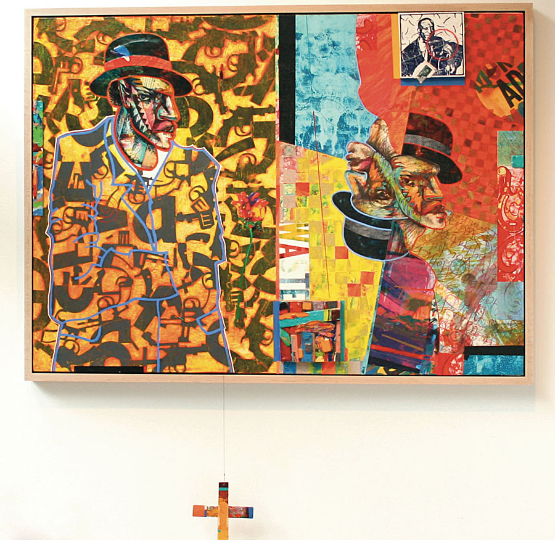
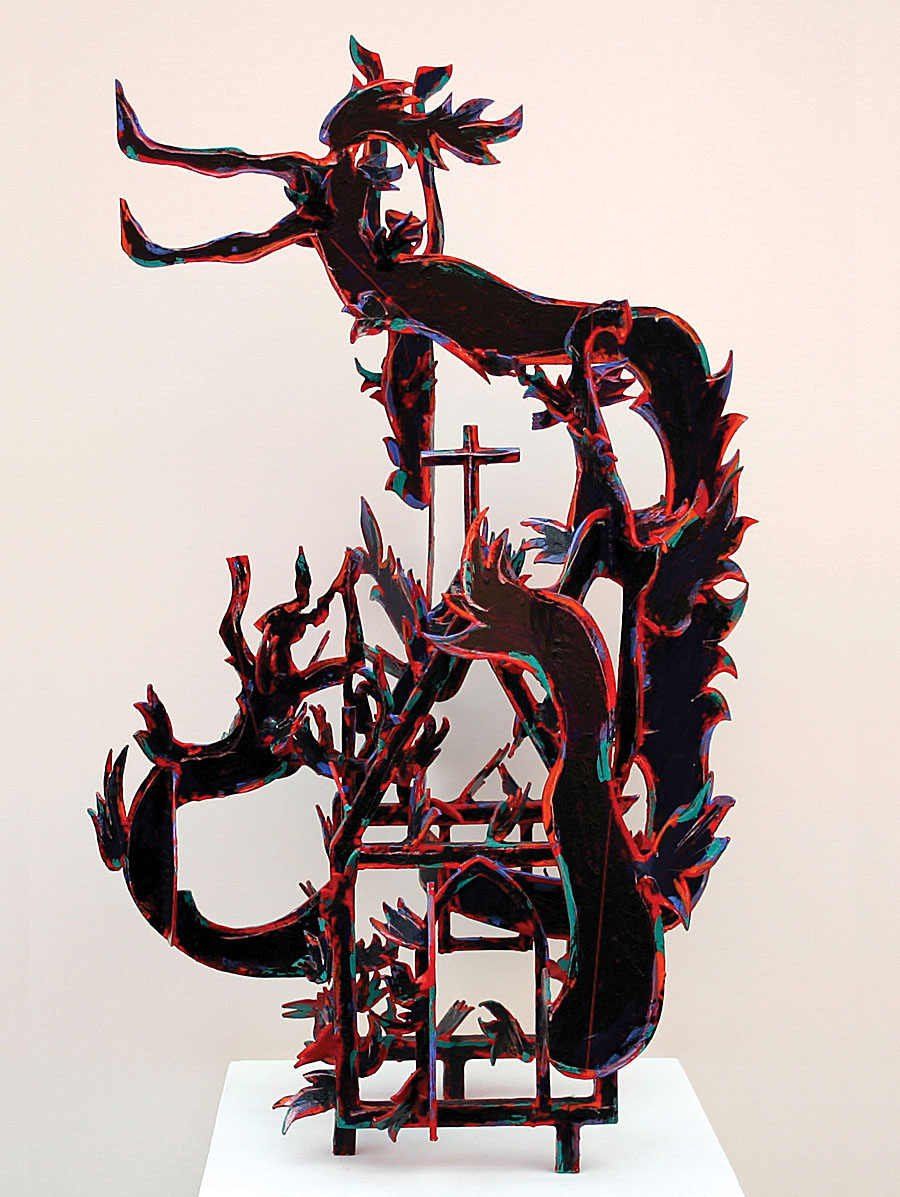

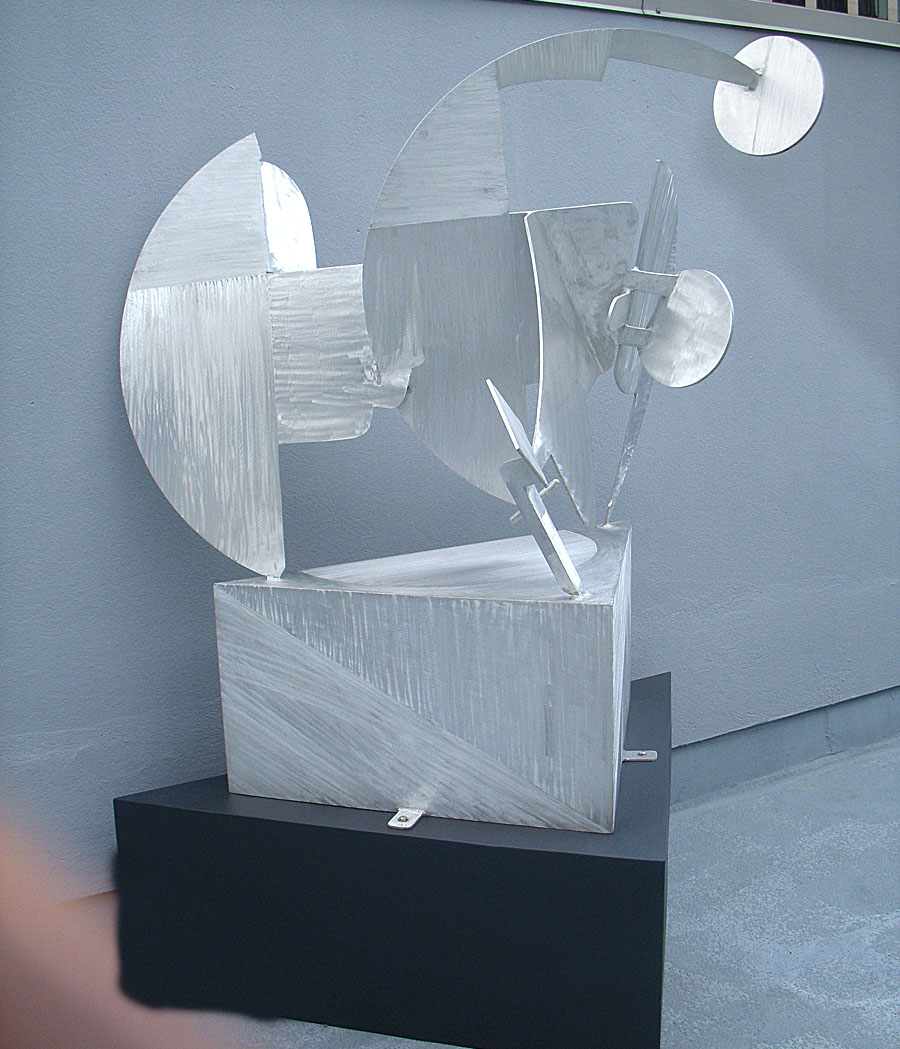

Scott’s “Pass It On” Philosophy
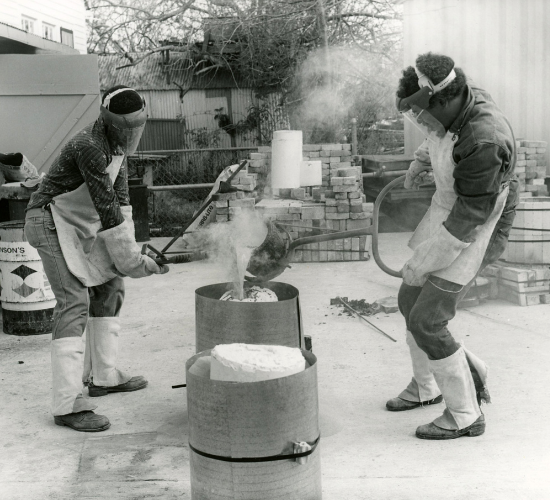
John Scott, right, at work in Xavier University’s Art Village; courtesy of Xavier University of Louisiana, Archives and Special Collections
As an undergraduate art student at Xavier University of Louisiana, John T. Scott learned that “pass it on” meant that if you were given something—anything—of value, you needed to pass it on to someone else. You couldn’t keep it to yourself.
Scott wholeheartedly embraced and lived by the pass it on philosophy in his 42 years as a faculty member at Xavier and in his interactions with colleagues, students, and even strangers in both his own studios and those he visited around the world. This philosophy lives on today through his family members, former students, colleagues, collaborators, and others whose lives he touched and continues as a guiding philosophy of The Helis Foundation John Scott Center.
That became my philosophy. The more I gained, I had a responsibility to share with others. The more I share, the more I learn. The more I learn, the more I’m obligated to share.
John T. Scott’s Philosophy of “Pass It On”
“[As an undergraduate,] I remember going up to the art department [at Xavier University of Louisiana] and a sculptor by the name of Frank Hayden… who was a dear friend of mine, he was working with Sister Lorena on a project. I remember somebody handing somebody something and they said, ‘Thank you.’ But the response was not ‘You’re welcome,’ the response was ‘Pass it on.’ I have never forgotten that. [And] the reason is that the philosophy there was the only way you can thank me for giving you something is you have to give it to somebody else. [And] that kind of philosophy is still at that school, and as long as I’m there it’ll be in the art department. It’s also in this studio and everyplace I’ve ever gone. That if you have something that’s been given to you, you’re obligated to give it to somebody else.”
“He shared with everybody that he met in a lot of different ways. His philosophy was ‘Pass it on.’ His idea of paying it forward. If you were grateful for something that someone gave you, you had to share something with somebody else to keep the universe in balance.”
